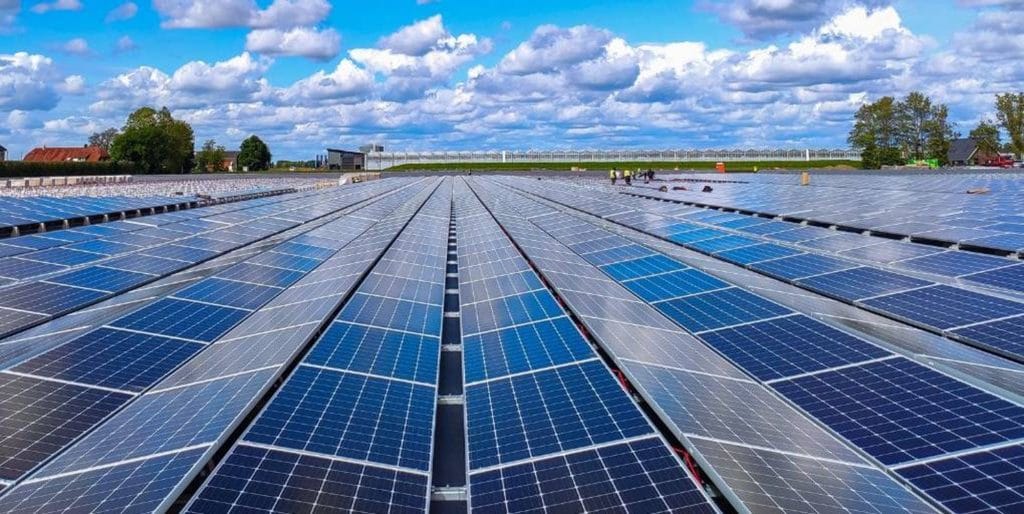Tunisia has recorded a substantial improvement in its global standing on the Energy Transition Index (ETI) for 2025, rising 27 spots to 62nd place out of 118 countries, according to a new report published by the World Economic Forum. This leap from its 89th position in 2024 underscores the country’s growing commitment to sustainable energy and marks it as one of the leading nations in the Middle East and North Africa (MENA) region, second only to Saudi Arabia.
The ETI, a widely recognized benchmark for tracking energy transitions, evaluates countries using a dual lens: System Performance—which includes energy security, environmental sustainability, and equitable access—and Transition Readiness, assessing governance, policy frameworks, infrastructure, investment climate, and innovation. Tunisia scored 54.6 overall, with a breakdown of 59.7 in system performance and 46.9 in readiness.
This significant progress reflects Tunisia’s broader national strategy to diversify its energy sources and reduce dependency on fossil fuels. The country has been gradually shifting towards renewables, integrating solar, wind, and hydro into its grid while pursuing key reforms to make the energy sector more efficient and accessible.
The report noted that Tunisia has particularly distinguished itself in areas like energy security and equity—ensuring reliable access across its population—as well as environmental sustainability. However, challenges remain in boosting innovation capacity and increasing financial investment in the sector. Strengthening institutional frameworks and governance mechanisms will also be essential for sustaining momentum in the coming years.
In the MENA region, Tunisia ranks behind Saudi Arabia (60th with 55.0 points) and ahead of the United Arab Emirates (48th with 58.4 points). On the African continent, Tunisia is the second-highest ranked country, just behind Nigeria, which came in at 61st with a score of approximately 54.8. Other African countries in the ranking include Namibia (64th), Mauritius (69th), Morocco (70th), Egypt (74th), South Africa (79th), Kenya (88th), and Algeria (89th). Côte d’Ivoire rounds out the continent’s top 10, ranking 90th globally.
Commenting on the results, Nefaâ Baccari, Director of Solar Energy at the National Agency for Energy Conservation (ANME), attributed Tunisia’s rise to nearly a decade of dedicated work toward energy transformation. He highlighted the ongoing overhaul of legal frameworks, simplification of administrative procedures, and a growing focus on implementation as central to this improvement.
According to Baccari, Tunisia’s installed renewable energy capacity—comprising solar, wind, and hydropower—currently stands at around 700 megawatts. The country aims to increase this to 1,000 megawatts by the end of 2025, in line with its medium-term energy targets. These developments are part of Tunisia’s broader energy roadmap, which sets out ambitious goals of achieving 35% of electricity generation from renewables by 2035 and full carbon neutrality by 2050.
Baccari emphasized that the effects of Tunisia’s efforts are beginning to be felt across the sector and will become increasingly evident in the coming years. As the country continues to align its energy policies with global sustainability goals, it is also positioning itself as a regional model for clean energy transition.
Tunisia’s performance on the 2025 ETI serves as a testament to its evolving energy landscape—one defined by strategic reforms, growing renewable adoption, and a clear long-term vision for environmental responsibility.



